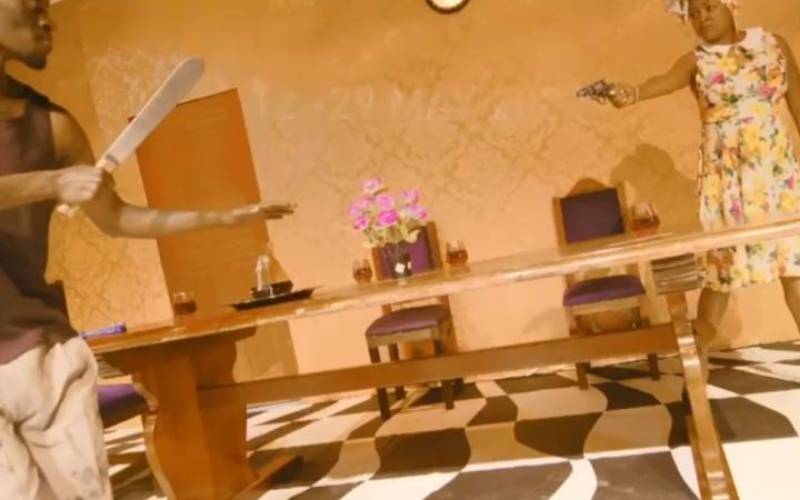×
The Standard e-Paper
Join Thousands Daily

“I want to thank you very very much for doing this and I hope that you enjoy performing it, and I hope your audience will equally enjoy your performance.”
This was the message Ngugi wa Thiong’o sent to the cast and crew of the Nairobi Performing Arts Studio as they got ready to perform his and Ngugi Mirii’s play, ‘I will Marry When I want’, ‘Ngaahika Ndeenda’ in Kikuyu.